Projects of the Klassik Stiftung Weimar are funded by the European Regional Development Fund (ERDF) and the Free State of Thuringia, represented by the State Chancellery of Thuringia, Department of Culture and the Arts.
Weimar and National Socialism
Weimar is one of the most popular excursion destinations for culture enthusiasts and art lovers throughout Germany. From Weimar Classicism with representatives such as Goethe, Schiller and Anna Amalia to classical modernism with the design and art revolutionaries of the Weimar School of Painting and the Bauhaus, the city offers numerous historical highlights. However, the dark side of the "Janus-faced" royal seat should not be forgotten. Weimar has always been a hub for anti-modern, anti-democratic and nationalist movements; the Buchenwald concentration camp stands as a memorial to barbarism alongside the evidence of the former high culture.
In 2024, the Klassik Stiftung Weimar is dedicating its theme year to Weimar's contradictory heritage. The upheavals and radical changes in German history will be re-examined and re-evaluated using the foundation's diverse collection.
Exhibitions
Nietzsche under National Socialism
A small exhibition on a big topic | 21. Mar – 1. Nov 2024
Although Nietzsche clearly spoke out against anti-Semitism during his lifetime, despised all Germanism and his idea of the "superman" had nothing to do with the "master man", the National Socialists adopted his work as their own. Nietzsche was not only appropriated by them as a philosopher and thinker, but in a distorted way turned into a kind of "German prophet". How and why this came about, who in his closest family circle was involved in this reinterpretation and whether there were also dissenting voices, visitors can find out in this small cabinet exhibition with a major theme.
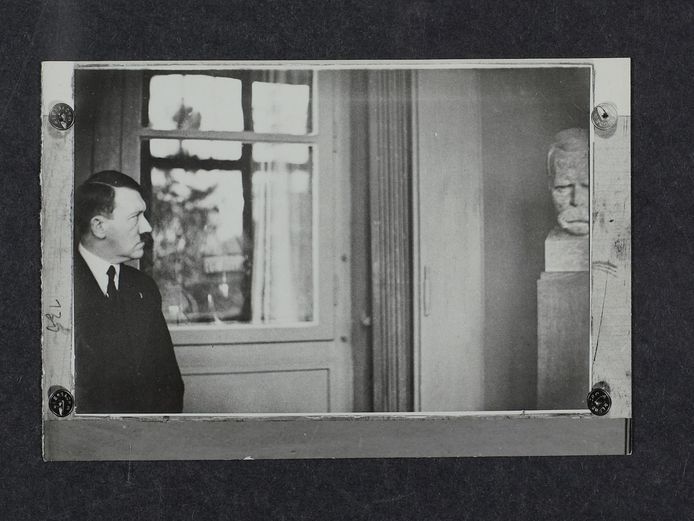
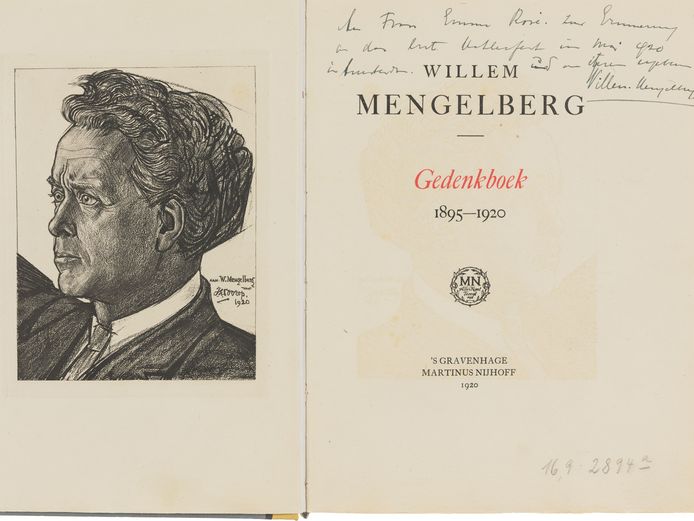
Monarchists, democrats, National Socialists
Handwritten dedications as traces of history
The special exhibition focuses on handwritten dedications from the first half of the 20th century. The dedicators and recipients belonged to the most diverse political camps - they were monarchists, democrats and National Socialists. The exhibition examines the personal and historical contexts of the entries, which often seem unspectacular at first glance. And it follows the paths by which the books reached the library during this period of dramatic upheavals, upheavals and demolitions.
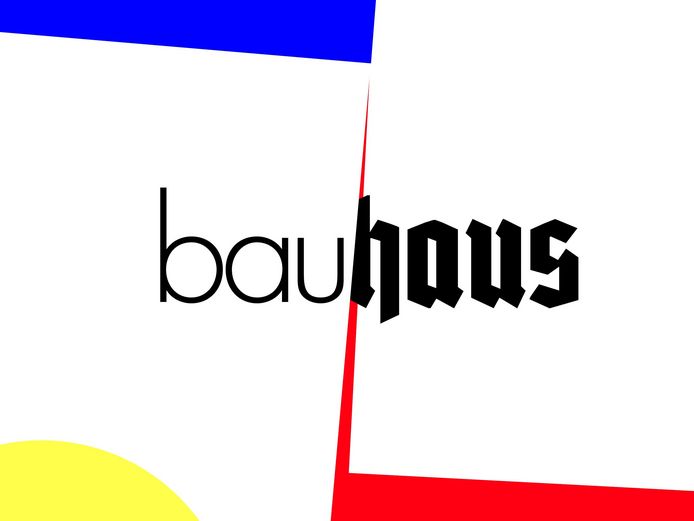
Bauhaus and National Socialism
An exhibition in three parts | 9 May – 15 Sep 2024
During National Socialism, Bauhaus students and lecturers were among those persecuted and those who profited from the regime. However, the majority of Bauhaus members remained in Germany after 1933. This international exhibition at three locations is the first to examine the pre- and post-history of the Bauhaus under National Socialism. Under the title"Political battles around the Bauhaus 1919-1933", the Museum Neues Weimar sheds light on the artistic and political conflicts that began with the founding of the design school in Weimar and continued in Dessau and Berlin. In the Bauhaus Museum Weimar, under the heading "Abhängt - Beschlagnahmt - Angepasst 1930/1937", the focus is on the confiscation of "degenerate art" in 1937 and its precursor action in Weimar. Finally, the Schiller Museum is dedicated to the Bauhaus members and their "Life in the Dictatorship 1933-1945". The museum focuses on the tightrope walks they took in the face of the new political conditions after 1933.
Museum of Forced Labour under National Socialism
At the former Nazi “Gauforum”, the Buchenwald and Mittelbau-Dora Memorials Foundation presents the complete history of forced labour under National Socialism starting in May 2024. Over 60 documentary and photographically illustrated case histories reveal the European-wide dimensions of what was the most publicly perpetrated mass crime of the Nazi era.
Opening hours: Tue – Sun, 10 am – 6 pm
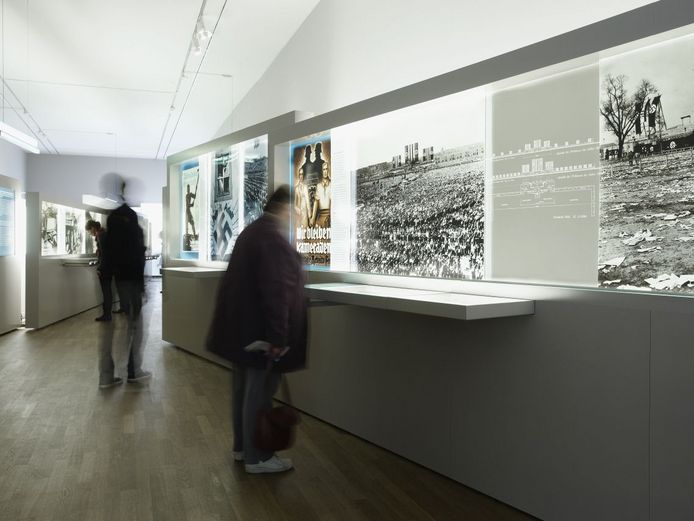
Museums & places
Rebecca Horn installation. Concert for Buchenwald
The spatial installation "Concert for Buchenwald" by artist Rebecca Horn has been on display in a historic streetcar depot in the disused E-Werk Weimar since 1999. The internationally acclaimed work is considered one of the most important examples of contemporary art in Germany on the subject of the Holocaust.
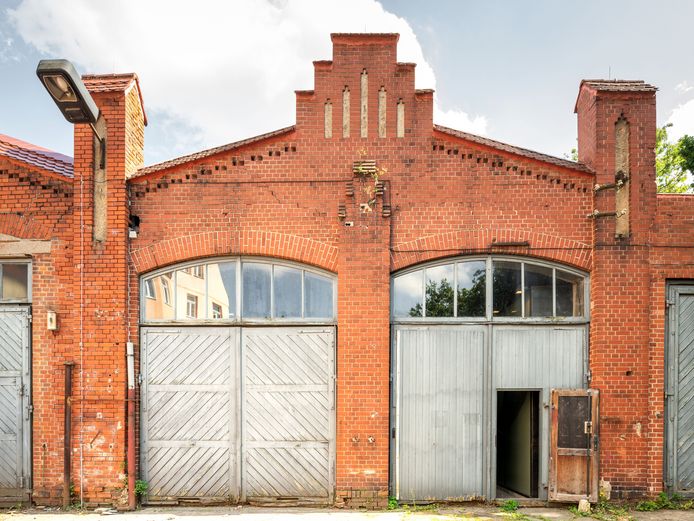
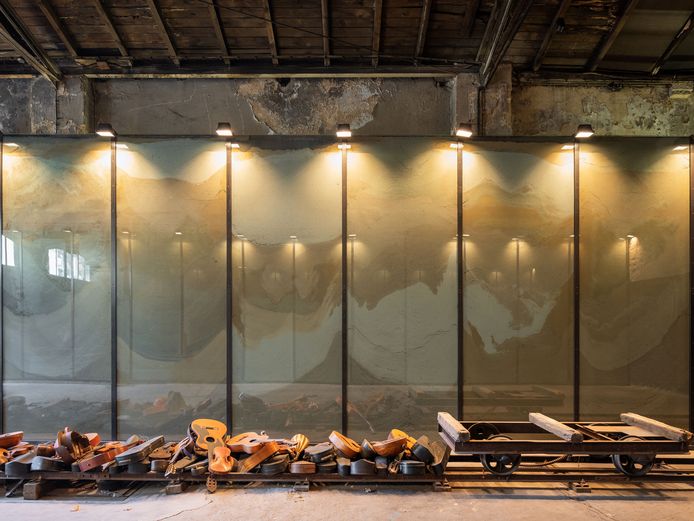
The installation consists of old, used musical instruments and their leather cases, which are stacked on a short track. It is a silent concert for Buchenwald: the violins, mandolins and guitars in this installation are symbolic of each individual fate. However, the music and the singing, the people, are missing. The installation was created especially for the approximately 150 square meter, windowless space of the former streetcar depot. The work is thus inextricably linked to the location and, through its reference to Buchenwald, to the city of Weimar.
During the 2024 theme year, the installation will be open from Wed-Monday from 11 am to 5 pm.
App Weimar+
For the special exhibition "Bauhaus and National Socialism", an exclusive tour will be offered in the Weimar+ app in addition to the existing audio tours. The tour includes all three museums (Bauhaus-Museum Weimar, Museum Neues Weimar and Schiller-Museum), will highlight central themes of the exhibition sections and offers in-depth information on objects and backgrounds.
The app can be downloaded free of charge from the Playstore (Android) and Appstore (iOS).

